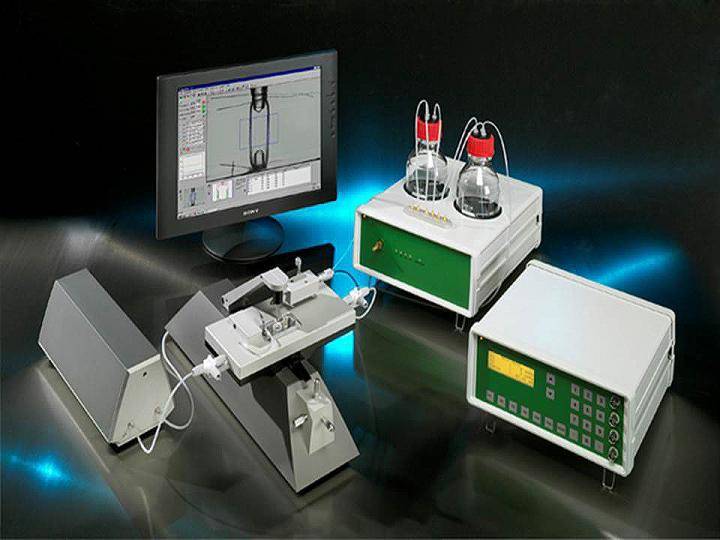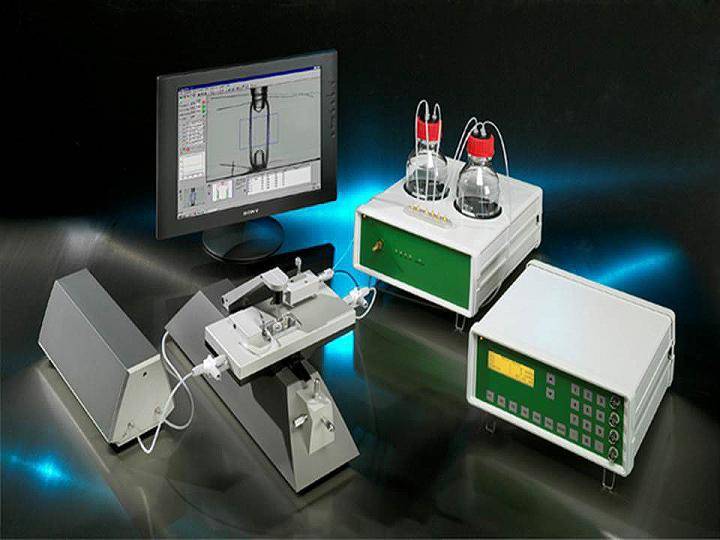
Credit: INc-UAB
Researchers from the Institute of Neuroscience at the Universitat Autònoma de Barcelona (INc-UAB) demonstrate for the first time that anxiety and problems with blood vessels present a close relationship with Alzheimer's disease, which particularly affects females.
The study, conducted with mice and published in the Journal of Alzheimer's Disease, provides new data in an emerging line of research related to this pathology, which expands the current research focus on neuroscience to include explorations which go beyond the brain and incorporate the cardiovascular system.
"Vascular disease resulting from oxidative stress and inflammation is an emerging concept in the study of Alzheimer's disease which is gaining clinical interest, given that subsequent cardiovascular insufficiency can alter the blood flow distribution to different organs and tissues, including the brain, which can worsen a pathology related to this type of dementia", highlights Dr Francesc Jiménez-Altayó, researcher at the Department of Pharmacology, Therapeutics and Toxicology and lead author of the paper.
The research, directed by Dr Lydia Giménez-Llort, Director of the Unit of Medical Psychology at the UAB Department of Psychiatry and Forensic Medicine, provides the first evidence that mice of advanced ages suffering from Alzheimer's disease present substantial alterations in small blood vessels, which are essential in nourishing different organs and tissues and in the regulation of blood pressure.
"The study specifically demonstrates that the sex of the mice is a determining factor. It is specifically the female mice which present more pronounced vascular alterations, suggesting that women of advanced ages with Alzheimer's disease may suffer more from cardiovascular malfunctions", says Dr Frances Jiménez-Altayó.
The characteristics of small arteries were studied under different physiological conditions. Further research revealed that these vascular changes appear in both the vascular structure and function, which suggests an abnormal distribution in peripheral blood flow.
Researchers also assess animal behaviour to determine effects at cognitive and emotional level. This allowed them to discover the existence of a strong relation between the vascular parameters analysed – structure, elasticity, function – and different patterns of anxiety in mice models of Alzheimer's, but also in mice ageing normally.
"Although we must be cautious with these results, the correlation of behaviours proposes the existence of direct or indirect relations between the conduct and the function of peripheral arteries. These interactions may be able to explain the anomalies of the neuro-immuno-endocrine system in charge of regulating the performance of different organs and tissues, which we already described in previous studies using male and female mice in initial and advanced stages of the disease", emphasises Dr Lydia Giménez-Llort.
"In addition, the fact that the study also provides evidence indicating a clear relation between different variables which make up anxious behaviour in animals and properties of peripheral blood vessels is a discovery containing important implications which surpass the area of research into Alzheimer's disease", she concludes.
###
Media Contact
Maria Jesus Delgado
[email protected]
34-935-814-049
@UAB_info
http://www.uab.es
Original Source
http://www.uab.cat/web/newsroom/news-detail/x-1345668003610.html?noticiaid=1345750175358 http://dx.doi.org/10.3233/JAD-171019





